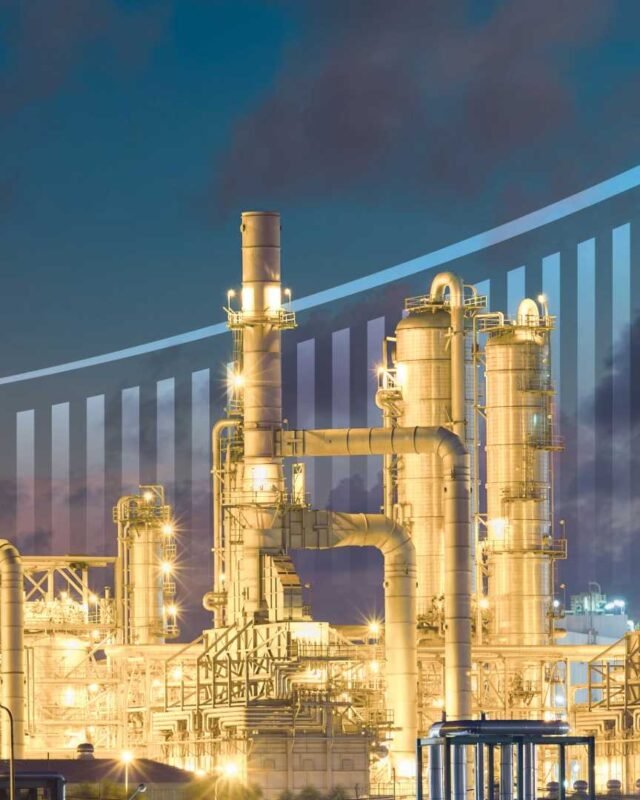Eco-Friendly Lubricants Saudi Arabia: Driving Factors and Trends
As Saudi Arabia forges ahead with its ambitious Vision 2030 plan, sustainability is becoming a focal point in the country’s strategies. A significant aspect of this endeavor is the adoption of eco-friendly solutions by major oil players, aiming to reduce environmental impact while promoting economic growth. The Kingdom’s initiatives, notably in the automotive lubricants sector, highlight the broader trend towards sustainable practices.
The automotive lubricants market in Saudi Arabia was valued at $729 million in 2023. According to the IMARC Group, the market is projected to grow at a CAGR of 2.40%, reaching $905 million by 2032. Factors driving this growth include an expanding automotive sector, rising vehicle ownership, demand for high-performance lubricants, and economic and infrastructure development.
The shift towards Eco-Friendly Lubricants Saudi Arabia is driven by several factors, including the country’s climate and the rapid increase in vehicle ownership. Economic growth and urbanization have significantly increased vehicle ownership in Saudi Arabia. In July 2024, it was announced that the country imported over 1 million vehicles, valued at SR83 billion ($22 billion). This surge in vehicle numbers has amplified the need for sustainable lubricants.
Technological Advancements and Industry Initiatives
In response to the growing demand for eco-friendly solutions, Saudi Arabia’s oil players are investing in technological advancements. Companies like Saudi Aramco are pioneering the development of synthetic and semi-synthetic lubricants that offer superior performance and environmental benefits. These lubricants reduce friction, enhance engine protection, and improve fuel efficiency.
Saudi Aramco has positioned itself as a leader in sustainable energy and has actively engaged in sports sponsorships to promote its eco-friendly initiatives. In 2024, Aramco signed a four-year contract with FIFA as a “Major Worldwide Partner,” emphasizing its commitment to sustainability. This partnership highlights Aramco’s focus on promoting sustainable fuels and reducing carbon emissions through innovative technologies.
Also Read: Technology Transforming the Lubricants Industry: The Role of IoT and AI in the Middle East
Collaborations and Government Support
The Saudi government, through Vision 2030, plays a crucial role in promoting eco-friendly practices. Initiatives such as reducing gas flaring and expanding public transportation networks aim to cut carbon dioxide emissions. These measures are part of the broader strategy to modernize the Kingdom and achieve sustainability targets.
Collaborations between industry players and government entities are also driving the adoption of eco-friendly lubricants. For example, Neom, the PIF-funded giga-project on the Red Sea coast, has signed partnerships to promote sustainable energy solutions. Enowa, Neom’s energy subsidiary, has partnered with the electric car series Extreme E, linking high-tech motorsports with sustainable energy promotion.
Challenges and Future Outlook
Despite the positive momentum, there are challenges in the transition to eco-friendly lubricants. Fluctuating crude oil prices and stringent environmental regulations can impact production costs. Raising awareness among consumers about the benefits of sustainable lubricants is also crucial for widespread adoption.
Looking ahead, Saudi Arabia’s commitment to sustainability and ongoing investments in infrastructure and transportation are expected to drive the demand for high-performance lubricants. As more companies introduce innovative, eco-friendly products, the Kingdom is poised to lead the way in sustainable automotive lubricants, setting an example for the region and beyond.




